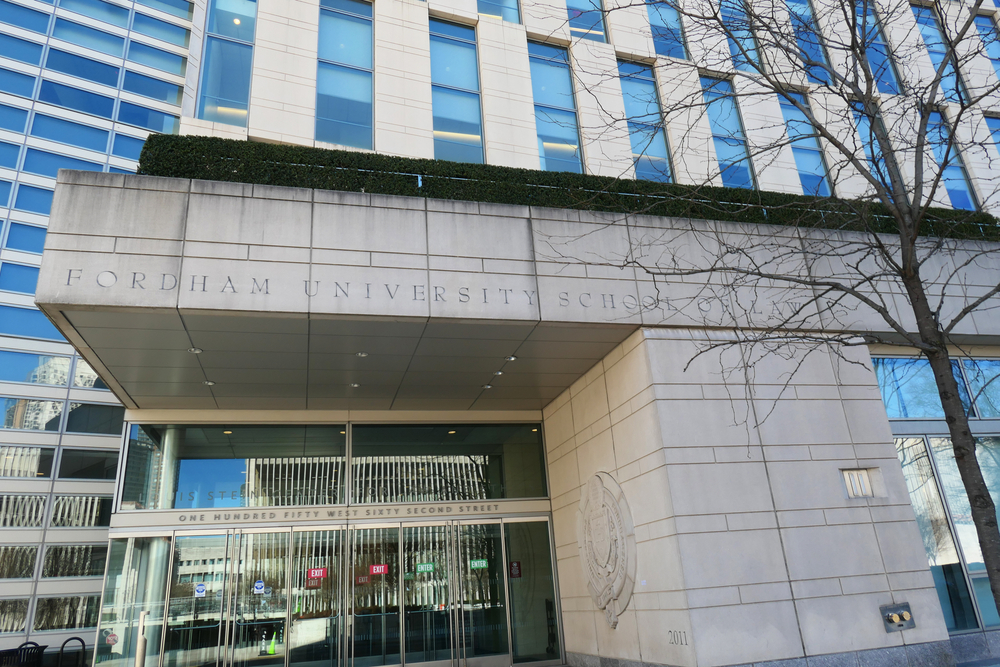5 more law schools now approved to use JD-Next for admissions

The council of the ABA Section of Legal Education and Admissions to the Bar approved Fordham University School of Law and four other schools to use the JD-Next program. (Photo by MNAphotography)
Five law schools joined the ranks of 52 others that allow applicants to take the JD-Next alternative admissions program instead of traditional standardized tests.
The council of the ABA Section of Legal Education and Admissions to the Bar approved Fordham University School of Law, the University of Illinois College of Law, DePaul University College of Law, the University of Arkansas at Little Rock William H. Bowen School of Law and the University of St. Thomas School of Law to use the test.
The JD-Next program, designed by the University of Arizona James E. Rogers College of Law and now run by Aspen Publishing, involves an eight-week course on contracts, case reading and analysis skills followed by an exam that mimics one in law school.
In January, however, a report to the section council’s Standards Committee by consultant Nathan Kuncel of the University of Minnesota found that while the exam “is a reliable and valid predictor of early law school grades” there were “multiple cautions and caveats that cannot be evaluated with the present data and may represent threats to its validity if used operationally for high-stakes decisions.”
The next month, the section council rejected a proposal to grant JD-Next parity with the LSAT and GRE, keeping in place the requirement of variance requests for the exam’s use while more data is collected on its reliability.
JD-Next gained popularity after the U.S. Supreme Court’s June 2023 ruling banning race-conscious admissions led to concerns that achieving diverse law school classes will be a struggle.
Reports by the Law School Admission Council, which administers the LSAT, show that Black/African American test-takers and Puerto Rican test-takers consistently had the lowest average LSAT scores.
Last year, the Section of Legal Education and Admissions to the Bar walked back its proposal to completely remove its long-standing requirement that law schools use the LSAT in admissions.



